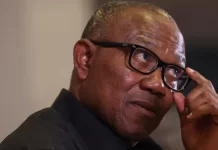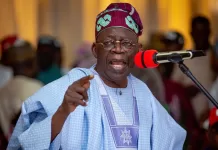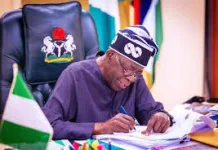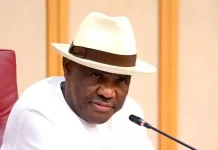Amidst challenges of high inflation, foreign exchange shortages, and shortages of banknotes caused by currency redesign, economic growth in Nigeria is considered weak.
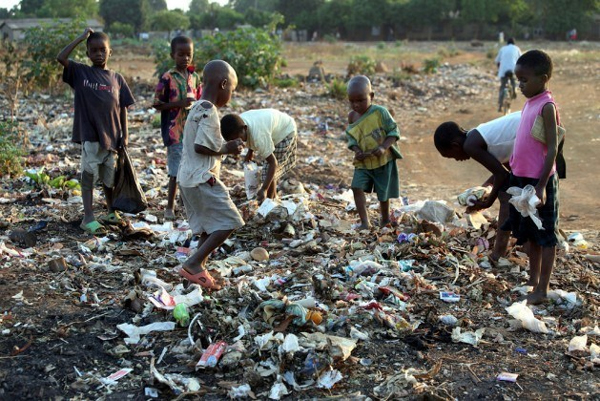
This means that the challenges facing the new administration of President Bola Tinubu are humongous, but he must pick his battles wisely and hope to be successful
Read Also: More Borrowing Pushes Up Nigeria’s World Bank Debt
Warning Nigeria about the state of the fragile economy, the World Bank on Tuesday said the economy was too weak to address the challenge of extreme poverty in Nigeria.
The warning from the World bank was encapsulated in the Global Development Prospect report for June 2023.
Making projections, it said that global economic growth would slow to 2.1% in 2023, with prospects clouded by financial risks.
According to the World Bank, “Growth in Sub-Saharan Africa (SSA) decelerated earlier this year owing to various country-specific challenges and heightened external economic headwinds.
“Growth in the three largest SSA economies – Nigeria, South Africa and Angola – slowed to 2.8% in 2022 and continued to weaken in the first half of this year.
You May Like: See How Japa Syndrome Can Benefit Nigeria -World Bank
Therefore “economic growth in Nigeria is expected to remain barely above the population growth.
Sadly, this is far slower than what was needed to make significant inroads into mitigating extreme poverty.
Furthermore, the World Bank says this will have serious negative implication for the Nigerian economy.
One of the challenges is that it is coming at a time when the new administration is trying to find it’s footing.
Based on the World Bank’s report, a possible return to recession may not be too far from Nigeria.

